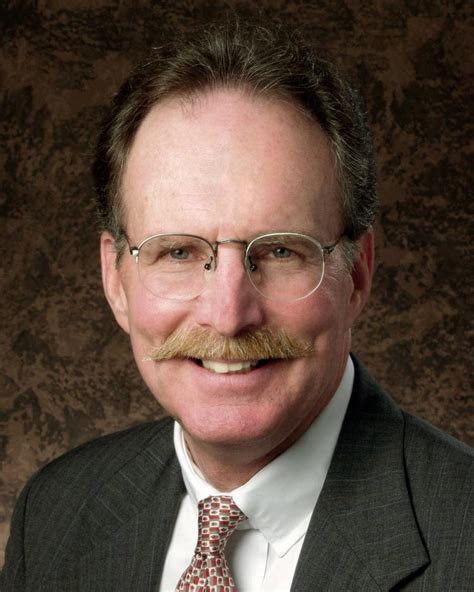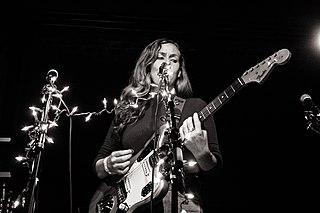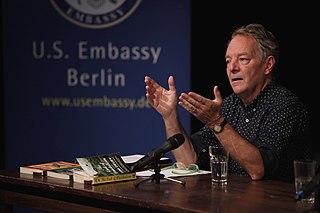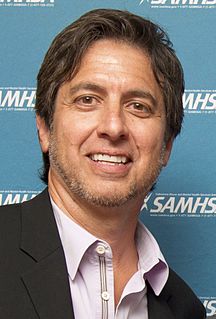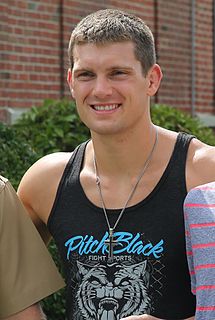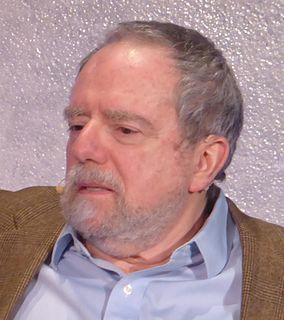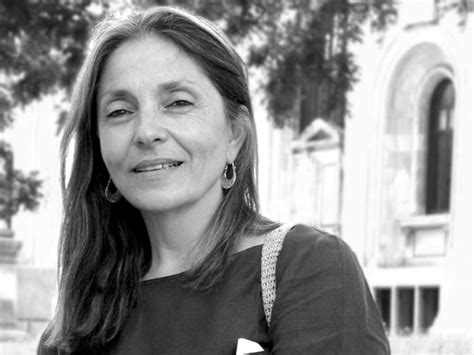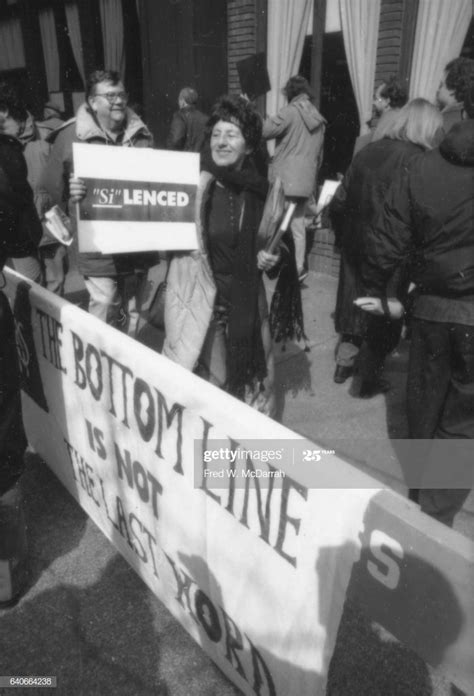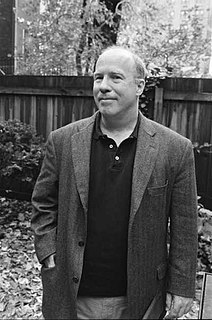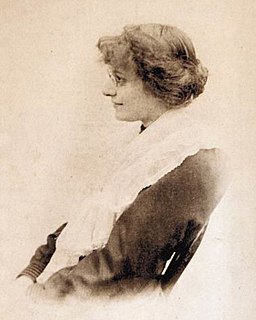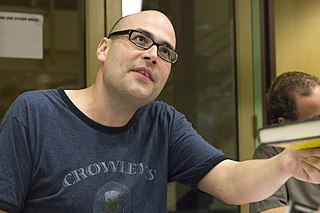Top 104 Raymond Quotes & Sayings - Page 2
Explore popular Raymond quotes.
Last updated on April 15, 2025.
Some of the greatest shows in history - 'Seinfeld,' 'Everybody Loves Raymond' and 'House' - had puny starts but the benefit of schedule protection, increasingly scarce in today's DVR world. Cable nets can tolerate small ratings, building hits in progress like 'Breaking Bad,' or marathon their way to a 'Duck Dynasty.'
At the time, I used to say, "We should market this like Everybody Loves Raymond. It's just a guy dealing with his family." Instead, it was irresistible to show all these funny people. So, I actually think this could be more inviting to a new audience because they can just watch one character, find out what's going on in his life, and then meet another character and find out what's going on in her life, and then see how it intersects the other one.
[Raymond Roussel] said that after his first book he expected that the next morning there would be a kind of aura around his person and that everyone in the street would be able to see that he had written a book. This is the obscure desire harboured by everyone who writes. It is true that the first text one writes is neither written for others, nor because one is what one is: one writes to become other than what one is. One tries to modify one's way of being through the act of writing.
I put myself on tape and the cool thing was that Martin Scorsese had never heard of me. He had never seen [Everybody Loves Raymond]. I was just an unknown actor to him. I don't want to sound conceited, like he has to know who I am, but that seemed a little odd. He's a film genius. He doesn't watch sitcoms.
One of the best and most challenging books about Orwell is by the socialist literary critic Raymond Williams. As a critic - and, in some ways, as a figure, at least within the academy - Williams was what England had in the generation after Orwell, and toward the end of his life, he became more critical of his predecessor.
I definitely have an affection for detective fiction, and when I first read Dashiell Hammett's 'The Maltese Falcon,' that book and its author made an enormous impression on me as a reader and a writer, and led me to other hard-boiled American writers like Raymond Chandler and Ross McDonald, among many.
Truth as a cultural ideal has functioned as an opiate, perhaps the only serious opiate of the modern world. Karl Marx said that religion was the opiate of the masses. Raymond Aron retorted that Marxist ideas were in turn the opiate of the intellectuals. There is perspicacity in both these polemical thrusts. But is perspicacity truth? I wish to suggest that perhaps truth has been the real opiate, of both the masses and the intellectuals.
Of course, you've got Lyoto Machida. He's definitely a karate guy and he's made a big presence in MMA. I would say look up Lyoto Machida. There are some other karate guys who are phenomenal at what they do at their karate game, the point fighting game, Raymond Daniels, who is an amazing point fighter and very flashy.
I truly believe that we're about to enter a second golden age of design. The first one was in the '50s and '60s, when designers like Raymond Loewy, Charles Eames, George Nelson and Dieter Rams were shepherds of the brands they were working with. They had influence over the products and how companies communicated and promoted themselves.
I'm interested in dismantling the distinction between masculine and feminine writing both because I think it's a false distinction and, I think, ultimately an insulting one. It's as insulting to men as it is to women. I'm not sure what masculine writing would look like - I assume some combination of Ernest Hemingway and Raymond Carver. Writing can't be gendered in that way.
That became my aesthetic - a very Chekhovian, American realist aesthetic in the tradition of Raymond Carver, Richard Ford, and Tobias Wolff. The perfectible, realist story that had these somewhat articulate characters, a lot of silence, a lot of obscured suffering, a lot of manliness, a lot of drinking, a lot of divorces. As my writing went on, I shed a lot of those elements.
There were internal critics, sharp critics, who were very opposed to [Malcolm X], and who were very - some of them were members of Elijah Mohammad's family, such as Herbert Mohammad, Raymond Shareef, who was the head of the Fruit of Islam, the brother-in-law of - the son-in-law of Elijah Mohammad. They isolated Malcolm X and kept him out of the newspaper of the organization Mohammad Speaks for over a year, which is kind of curious.
I used to do my best thinking while staring out airplane windows. The seat-back video system put a stop to that. Now I sit and watch old' Friends' and 'Everybody Loves Raymond' episodes. Walking is good, but here again, technology has interfered. I like to listen to iTunes while I walk home. I guess I don't think anymore.
A group of four cardinals wrote to [Pope] Francis accusing him of sowing confusion on important moral issues, and they asked for clarifications. He did not reply. And one of the signatories, the American Cardinal Raymond Burke, said if the pope does not clarify, he will proceed with what he called a formal correction of the pope after Christmas.
When we have a favorite writer, it's always the places where they grew up, lived, worked, and that they recreated on the page that we most want to visit and commune with. Faulkner's Mississippi, Raymond Chandler's Los Angeles, etc. The mind of the reader longs to be somewhere, not just anywhere, and certainly not nowhere.
Raymond Hendler exhibited a group of abstract paintings that displayed rare high spirits. Using a great deal of fresh white, Hendler devised extremely simple symbols which he dispersed felicitously on his shining grounds. These bright, often linear hieroglyphs serve both as pictorial animators-they often flow in winding patterns or like fluent handwriting-and as references to the plentitude of the artist's existence. Gardens and sky and human joy are read in these exceedingly compressed forms.
I was reading Raymond Chandler very much with the feminist eye. In six of his seven novels, it's the woman who presents herself in a sexual way, who is the main bad person. And then you start reading more fiction, whether crime fiction or straight fiction, it's just bad girls trying to make good boys do bad things, going all the way back to Adam and Eve. The woman that thou gavest me made me do it, Adam says to God.
Students need to learn how to unlearn those elements of a market driven society that deform their sense of agency, reducing them to simply consumers or even worse to elements of a disposable population. So we need to understand who controls the means of public education and the larger forms of what Raymond Williams called the cultural apparatuses of permanent education both in terms of the dangers they pose and the possibilities they harbor.
There are authors like David Foster Wallace or Raymond Chandler - with voice-based authors I might end up a completist, because what I love about them isn't just the particular construction of one novel or another but their flavor. There is an Austrian writer, Thomas Bernhard, as well. One book is not necessarily greater than another book, but they just have this incredible, unique voice, so it doesn't really matter which one you read.
What is evil? What is - where does the evil come from that lies behind someone like Saddam Hussein, or Radovan Karadzic, or General Claude Raymond in Haiti. As I say, I've tended to find these people - I mean, Saddam, I've never met or interviewed - but these other people to be rather disappointing. Their political goals were mundane. What they had working for them was opportunism, was very often cleverness and was ruthlessness.
Raymond Aron ascribes to Weber the view that 'each man's conscience is irrefutable.' ... while [Weber] holds that an agent may be more or less rational in acting consistently with his values, the choice of any one particular evaluative stance or commitment can be no more rational than any other. All faiths and all evaluations are equally non-rational.
Phunny Business is a breezy, vivid, funny, star-studded and delightful valentine to comedy, entrepreneurship and the All-American impulse to make something out of nothing. The story of comedy club owner/inveterate dreamer Raymond Lambert and his heroic quest to create a safe, productive place for black stand-up comedians to hone their craft and find their voices isn't just a great Chicago story and a great comedy story: it's a flat-out great story, lovingly and engagingly told.

